Bandarban, July 24 (V7N) — A total of 71 ethnic Tanchangya people, including men, women, and children, who had taken refuge in the Baishfari Tanchangya area of Ghumdhum Union in Naikhongchhari upazila of Bandarban after fleeing conflict in Myanmar, have voluntarily returned to their homeland in two separate phases.
The repatriation was facilitated with the support of the Border Guard Bangladesh (BGB), specifically through the Ghumdhum border via border pillar No. 37 at a location locally known as "Ambagan."
According to BGB sources, the return process began on Tuesday (July 22), when 10 families comprising 48 individuals were repatriated. On Wednesday (July 23), an additional 5 families totaling 23 individuals were sent back. In total, all 15 families — originally sheltered in the Tanchangya neighborhood near the Ghumdhum frontier — have now returned to Rakhine State, Myanmar.
Lt. Colonel S.M. Khairul Alam, Commanding Officer of the 34 BGB Battalion, confirmed the repatriation. He stated that no force or pressure was applied on the individuals and emphasized that all the families returned voluntarily after a long period of engagement and counseling by the BGB.
“These families had been residing in Bangladesh for an extended period after fleeing instability in Myanmar. Over time, we continued efforts to communicate and build trust, ultimately helping them decide to return on their own,” he said.
BGB maintains an official list of the repatriated individuals, and the process was conducted peacefully and orderly under their supervision.
This development marks a rare voluntary return of refugees from Myanmar since the escalation of ethnic and political violence in that country. However, it also highlights the fragile and often temporary nature of such shelter arrangements in border regions, especially for smaller indigenous ethnic groups like the Tanchangya, who are distinct from the more widely known Rohingya population.
The return of these families has raised questions among observers about the conditions in Myanmar’s Rakhine State, as well as the motivations behind the families' decision to go back — whether due to changing circumstances in Myanmar or pressure from prolonged displacement.
Humanitarian organizations have not yet independently verified the conditions of the returnees post-repatriation.
END/SIU/SMA/



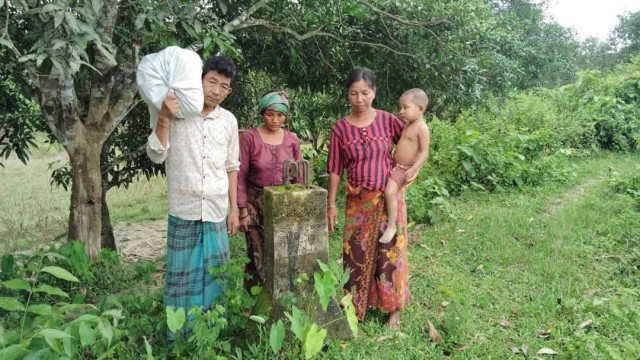
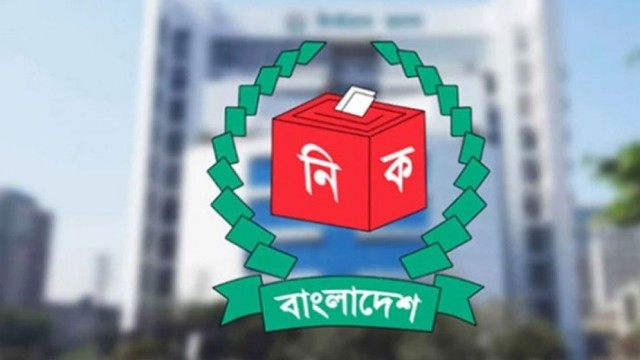
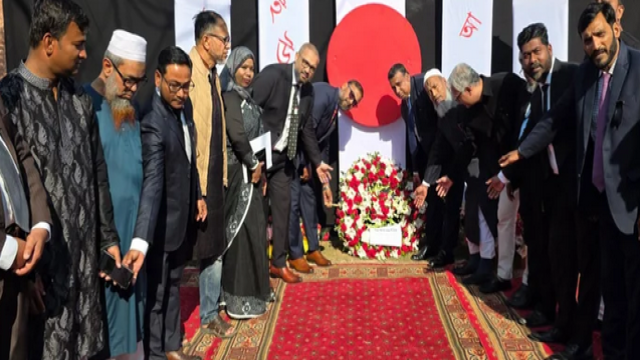
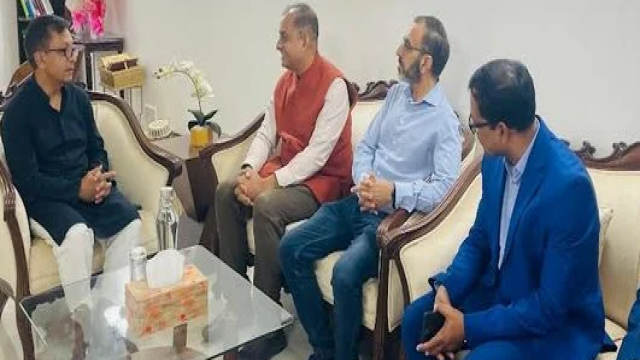


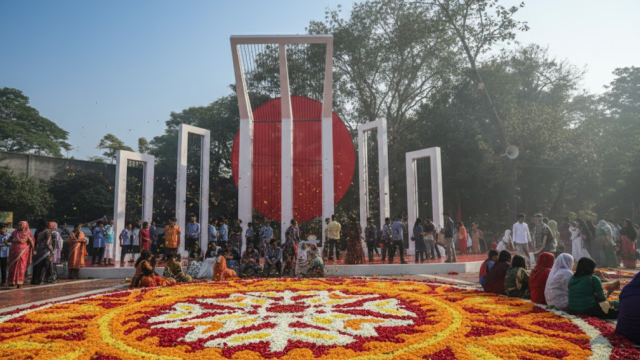

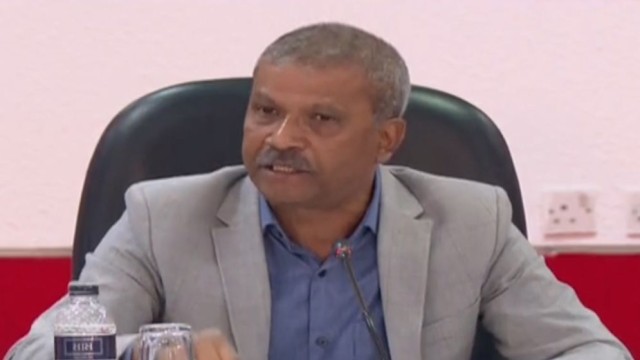
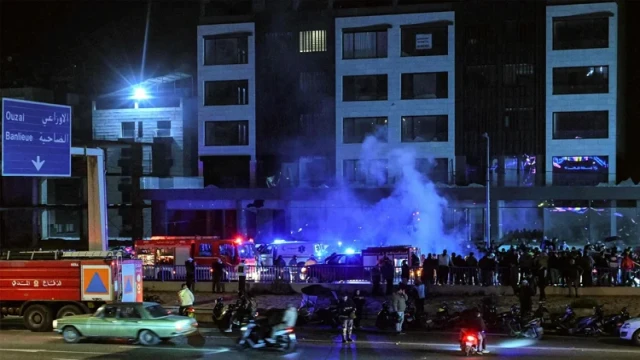

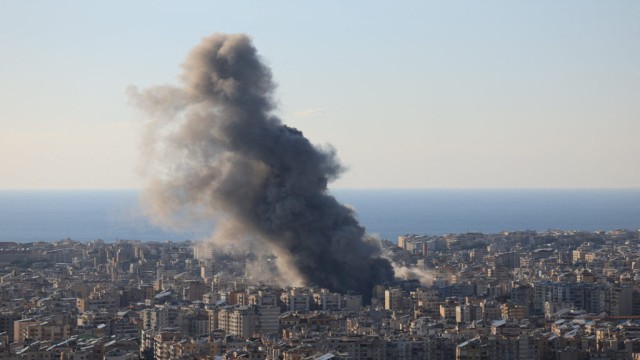
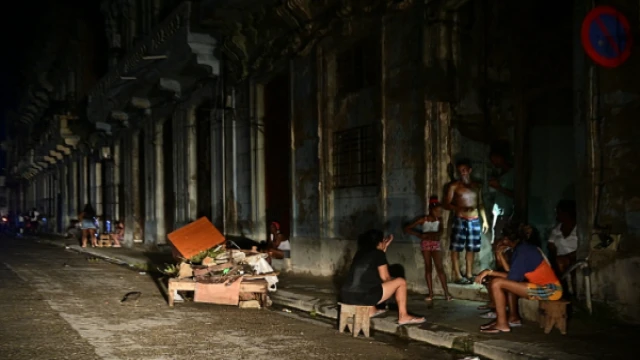



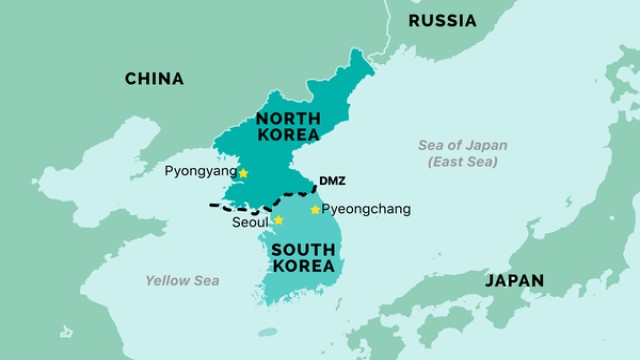











Comment: